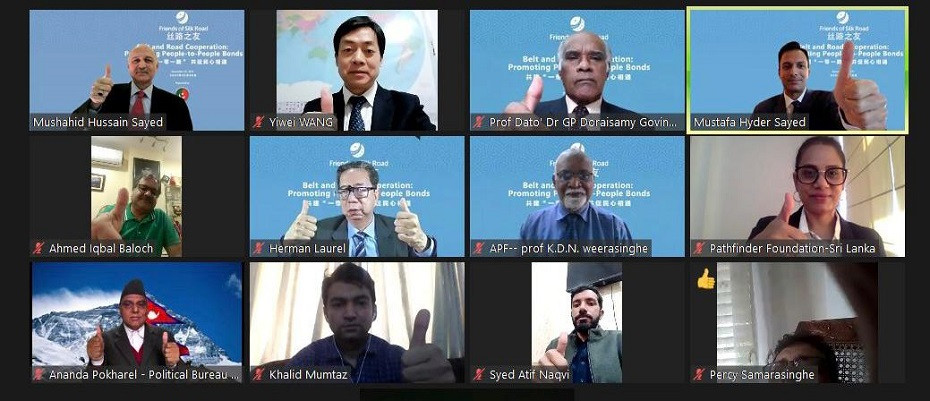
A nine-nation webinar on Belt and Road Initiative (BRI) on Tuesday stressed the need to strengthen multilateral cooperation, promote the multibillion-dollar project and rejected any notion of a “New Cold War”.
The extraordinary conference, titled “Belt and Road Cooperation: “Promoting People-to-People Bond”, aimed at regional economic connectivity was hosted by Pakistan-China Institute (PCI).
It was attended by the representatives from “Friends of Silk Road” organisations of Pakistan, Bangladesh, Malaysia, Nepal, Sri Lanka and Thailand including representatives of think-tanks from Indonesia, Philippines and China.
Observing that the “Asian Century” needed BRI to progress, the speakers of the conference called for strengthening multilateral cooperation and promoting the multibillion-dollar project saying it represented shared interests of the Asian countries.
They also forwarded recommendations for “high quality development of BRI” through exchanges and consultations.
The nine countries agreed to institutionalise their interaction, counter disinformation and fake news, and rejected any notion of a “New Cold War”.
Speaking on the occasion, Senator Mushahid Hussain Sayed said that the BRI, through the CPEC, benefitted the people.
He noted that BRI was not directed against any country and termed it a win-win model of cooperation, saying “it is inclusive and aims to promote connectivity”.
The year 2021, he remarked, was an important year in the history of Communist Party of China (CPC) since it marked the centenary of CPC and the year when China eliminated absolute poverty.
He lauded China’s containment of the coronavirus pandemic, its vaccine assistance to other countries and policies on climate change.
Read Pakistan resolution to counter disinformation adopted
Renmin University of China Institute of International Affairs Director Professor Wang Yiwei said that the post-pandemic era was all about adaptation to the “new normal”.
“In these challenging times, multilateralism is the only way forward, and BRI can be taken as a blueprint to advance multilateralism.”
He also welcomed China’s Zero Coal policy, which, he maintained, would help in fighting the looming threat of climate change.
Nepal “Friends of Silk Road Club” General Secretary Kalyan Raj Sharma highlighted that China-Nepal economic relations had been further cemented since the start of the BRI.
Sharma said the economic and social development trajectory of Nepal now depended on the BRI adding that the impetus to advance this relationship with China came after India blockaded Nepal in 2015-16.
The participants agreed to institutionalise their relationship through digital partnerships.
















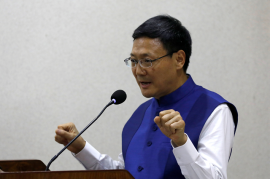
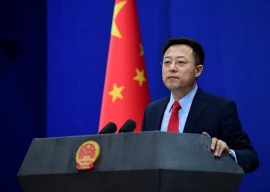
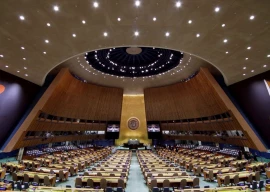




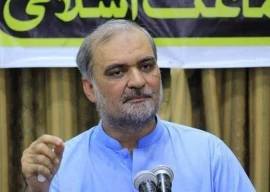

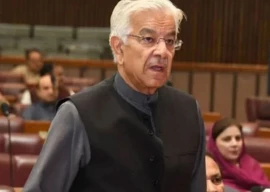
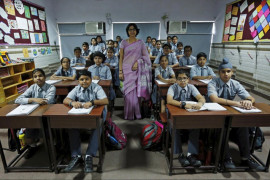
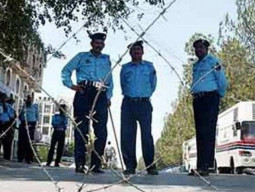










1714024018-0/ModiLara-(1)1714024018-0-270x192.webp)










COMMENTS
Comments are moderated and generally will be posted if they are on-topic and not abusive.
For more information, please see our Comments FAQ